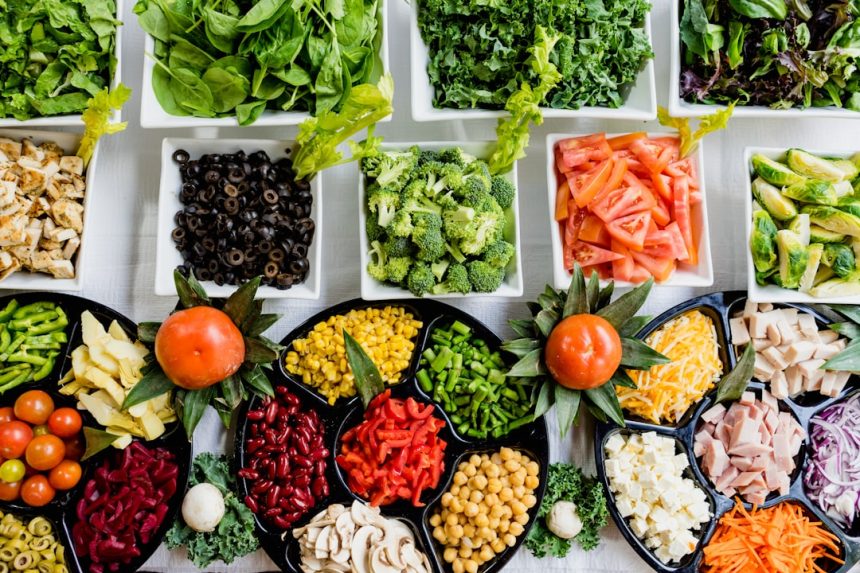When you walk into a supermarket, you probably don’t think about taxes on your groceries. But if you run a food business, understanding VAT on food is a must. It’s not just about prices—it’s about being on the right side of the law!
VAT, short for Value Added Tax, is a tax added to the sale of goods and services. But food gets treated a little differently. Let’s break it down in a way that’s easy (and tasty) to understand.
Is All Food Tax-Free?
You might be surprised to hear that most basic food and drink is zero-rated in the UK. That means you don’t have to charge customers VAT on those items. Great, right? Well… mostly.
Here are some examples of zero-rated foods:
- Fresh fruits and veg
- Bread and cereal
- Meat and poultry
- Milk and eggs
But not all food gets this tasty tax break. Some food items are standard-rated at 20%. That means you must charge VAT.
Here’s where things get a little spicier.
Which Foods Get Taxed?
- Restaurants and takeaways
- Chocolate bars and crisps
- Hot food sold to be eaten straight away
- Sweets and fizzy drinks
Seems simple? Not always. The rules can get a bit… well… nutty.
[ai-img]chocolate, food, snacks[/ai-img]
Wait, There’s More?
Let’s take cake and biscuits. Both are popular, right? You might think they’re treated the same. But nope.
Cake = zero-rated
Biscuits = it depends.
- Plain biscuit? Zero-rated.
- Covered in chocolate? That’s 20% VAT.
The same biscuit, add some chocolate, and boom—it’s taxable.
Food Services and VAT
If you run a food service business like a café, catering company, or food truck, listen up!
Here’s a quick breakdown:
- Hot food to go: VAT applies
- Cold sandwiches to take away: Zero-rated
- Food eaten on the premises: VAT applies
So a ham sandwich eaten at the park? No VAT. Eaten at a café table? Hello 20%!
[ai-img]sandwich, cafe, food truck[/ai-img]
Drink Up… Carefully!
Drinks have their own quirks. Water and milk? Not taxed. But juices, smoothies, and fizzy drinks? Usually standard-rated.
Coffee and tea? Again—it depends!
- Buy a box of tea bags? Zero-rated
- Grab a hot tea from a shop? VAT applies
Should You Register?
If your food business earns more than £90,000 (as of 2024), you must register for VAT. Below that? It’s optional—but maybe helpful. You can reclaim VAT on purchases like equipment and supplies.
Top Tips for Food Businesses
- Know your products. Understand what’s zero-rated and what’s not.
- Keep detailed records. Track sales and VAT carefully.
- Train your staff. If you’re selling both hot and cold items, they need to know how to handle VAT too.
- Stay updated. VAT rules can change!
When in doubt, check the HMRC website or talk to an accountant. A small mistake can turn into a big bill.
In Short…
VAT on food isn’t as boring as it sounds. It’s got layers—just like a good lasagna. From cold yoghurts to hot pies, understanding the rules helps food businesses stay smart, legal, and profitable.
And hey, now you’ll never look at a chocolate-covered biscuit the same way again!
Bon appétit—and good luck with your VAT!









